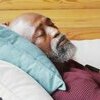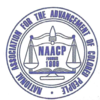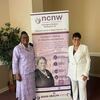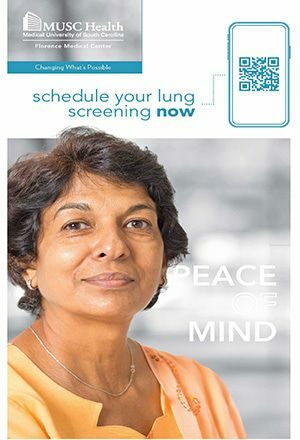The Art & Science Of Undermining Cancer Explores Innovative Strategies To Slow, Control And Reverse Cancer

COVID has tragically claimed half a million American lives in the past year. But cancer claims over 600,000 U.S. lives every year. Can the 50-year war on cancer be won? Leading integrative oncologist Dr. Francisco Contreras, M.D. and psycho-oncology counselor Daniel E. Kennedy, M.C. propose a revolutionary breakthrough approach in their new book The Art & Science of Undermining Cancer.
“If you or your loved one is facing cancer, and doctors are not providing treatment options that make sense, this book will help motivate you to keep fighting the good fight,” Kennedy said, “and provides practical and research-based ways to go about it.”
Undermining Cancer is arranged in two sections, the first tells the compelling story of Dr. Ernesto Contreras, who founded Oasis of Hope Hospital in Tijuana, Mexico, about 20 miles south of San Diego to provide an alternative to traditional cancer treatments. Overcoming opposition from many corners of the medical and political world, the hospital, now directed by Ernesto’s son Francisco, has treated over 100,000 cancer patients from 60 countries since its founding and shows a one-year cancer survival rate of up to three times U.S. averages.
The first section also dives deeply into the disease itself, history of treatment and the outlook for the future.
The second section, the bulk of the book, is arranged like the classic The Art of War, leading readers through the strategy for their own battle against disease.
Oasis of Hope is a cancer treatment center that integrates research-based alternative treatments with conventional therapies. Most Oasis of Hope treatments also can be available in the U.S., but not widely and not deployed in combination with other treatments that have proven effective.
Oasis of Hope provides care for the whole person – medical, psychological and spiritual support. The team includes board certified oncologists, a hematologist, palliative care specialist, nutritionists, psychologist and a pastor working in concert to improve quality of life.
The approach goes beyond attacking a tumor, which is the result of a body that was unable to keep cancer from developing, to working to restore the patient's immune system because the immune system is the most effective cancer-fighting agent.
Patients often form bonds with each other in the Oasis of Hope community. They're given private rooms and a companion can stay for free and enjoy all of the healing plant-based meals with the patient at no additional charge.
Oasis of Hope offers devotions, worship and prayer Monday through Friday, and Dr. Contreras holds a Sunday service for the patients where he preaches. There are classes, counseling, even a game night.
“The mission of Oasis of Hope is ‘caring for the whole person – body, mind and spirit; sharing the healing power of faith, hope and love; and advancing medical science to end cancer, one person at a time,” Francisco Contreras said. “Undermining Cancer takes you on an easy-to-understand journey revealing how this Total Care Approach can revolutionize cancer treatment.”
The book is available now through major online retailers and at OasisofHope.com.
Founded in 1963, Oasis of Hope Hospital employs the Contreras Alternative Cancer Treatment (C-ACT) using various therapeutic elements focused on killing cancer cells directly and more efficiently while alleviating the toxic risk to the healthy cells.
Dr. Francisco Contreras serves as director, president and chairman of the Oasis of Hope Hospital. He is known for combining conventional and alternative medical treatments with emotional and spiritual support to provide patients with the most positive treatment experience possible.
Kennedy is the author or co-author of 15 books on health including 50 Critical Cancer Answers, and he created, wrote and directed the docuseries HEALTHY LONG LIFE. He is currently working on his doctorate in social work at USC with the goal of starting a non-profit dedicated to closing the health gap for marginalized populations.
Please support The Community Times by subscribing today!
You may also like:







